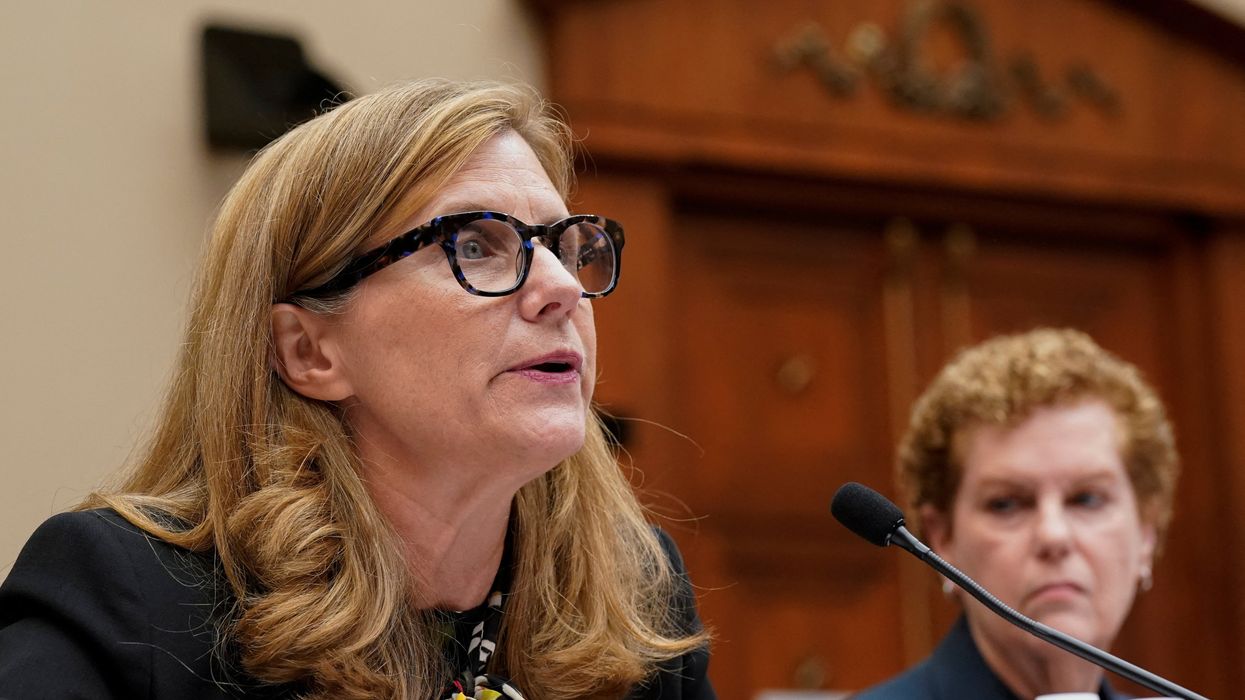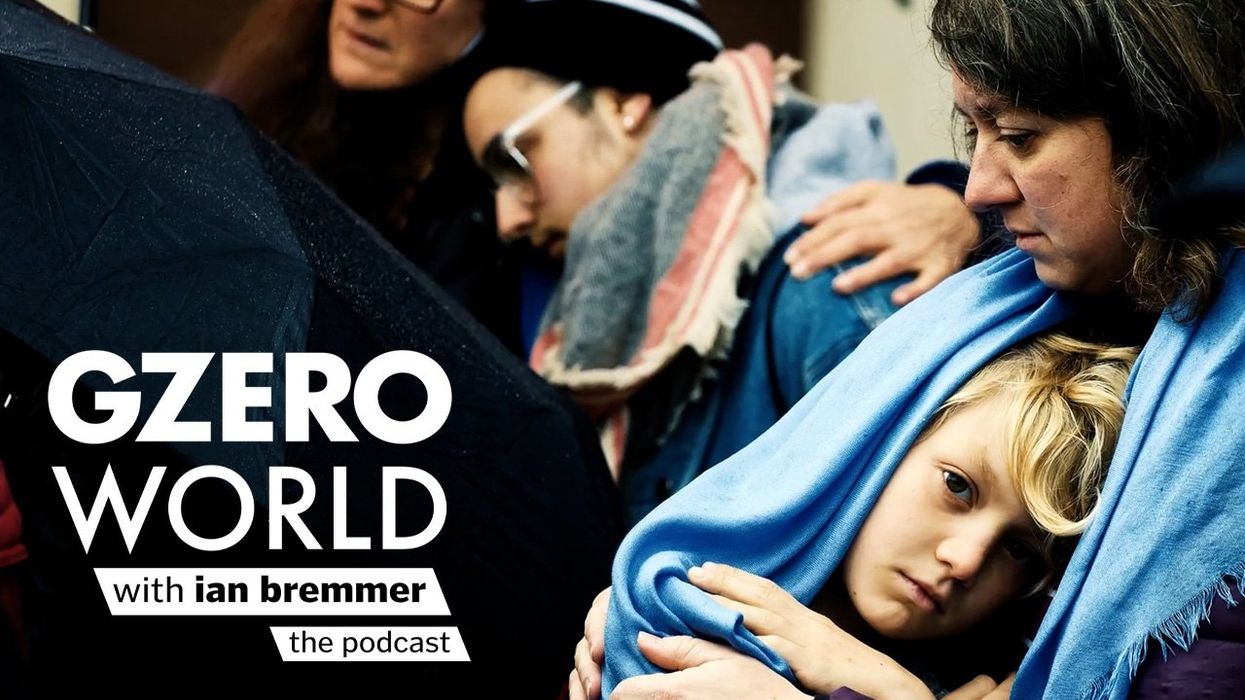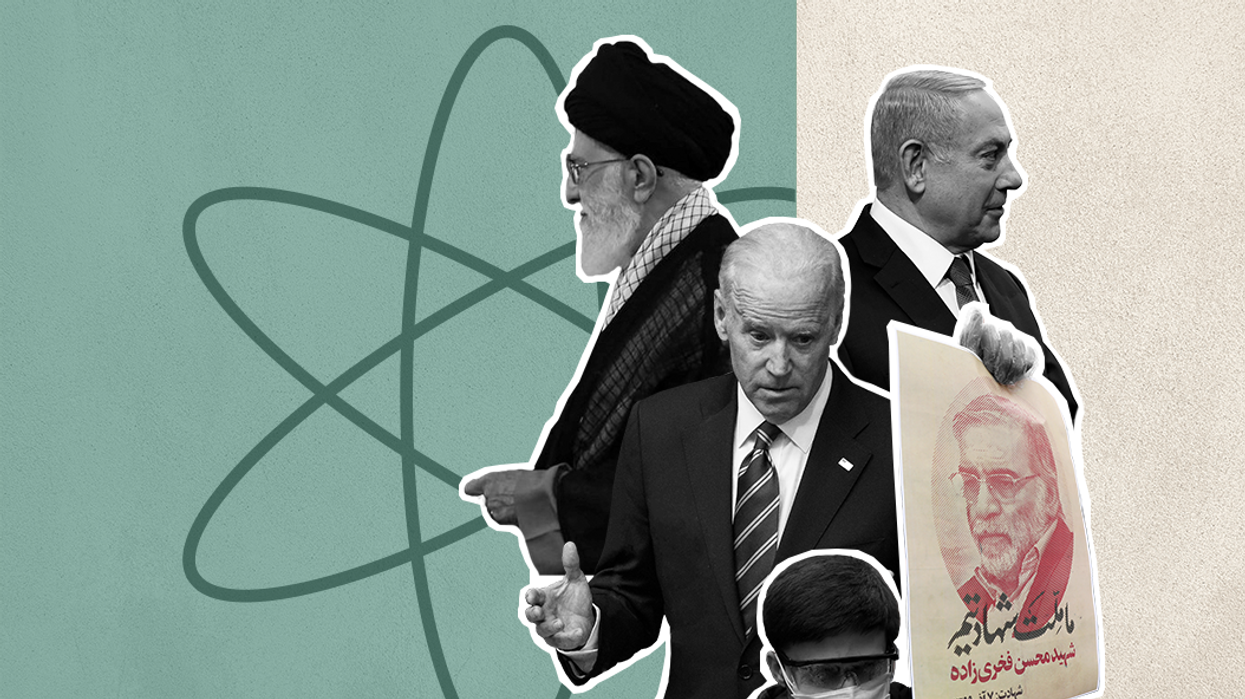US & Canada
A bad case of “academentia” that needs to be cured
University presidents should not have to duck behind talking points and prepared statements to answer a basic question about human decency. Higher education should not mean lower common sense.
Dec 07, 2023




